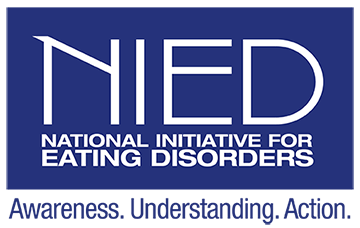The lack of mental health services across Canada is real
In an article published in the Globe and Mail earlier this year, journalist Erin Anderssen explored the lack of psychiatrists across the country, particularly in small and remote areas. According to the Globe’s analysis half of all Canadians live in parts of the country where the number of psychiatrists fall below the ratio recommended by the Canadian Psychiatric Association and 2.3 million Canadians live in areas with no permanent psychiatrist at all.
The article did a great job outlining the areas in Canada that are most underserved by the psychiatric community. While the gap lies mostly in small, remote and northern communities it does note that there are exceptions to this rule. For example, Brampton, one of the fastest growing and youngest communities in Canada, is extremely lacking in services. The city has about one psychiatrist for every 24,000 people, which is one of the worst ratios in the country.
As someone who has been struggling with an Eating Disorder for over a decade, I have seen this gap in the mental healthcare system first-hand. I have been put on many types of medication over the years meant to try and help me with my anxiety and Eating Disorder. Usually medication changes would come when I was in residential treatment or hospitalized in an inpatient setting. In those situations, I would have access to a psychiatrist who would give me a prescription based on their assessment of my needs.
However, once I was out of an inpatient setting it always fell to my family doctor to manage my medication, something that was clearly out of her wheelhouse. When I decided that my current prescription wasn’t working for me anymore, I did the responsible thing and asked for her help to either ween off the medication or find something that would work better. I could tell that she didn’t feel like she had the expertise to make recommendations, yet she also had nowhere to refer me to where I could get specialized help.
I live in Kemptville, just outside Ottawa and go into the city every week to get specialized treatment for my Eating Disorder. However, even with the roughly 20-30 psychiatrists per 100,000 people in Ottawa, on the higher end of the spectrum, my doctor still wasn’t able to refer me to someone who could help. I ended up doing some research myself and basically winning the lottery in finding a psychiatrist in Brockville who agreed to see me. Even so I waited about three months for an appointment.
Unfortunately, it is not just outpatient services that are lacking in Ontario, specifically in the world of Eating Disorder treatment. Two of the most well-respected treatment centres for Eating Disorders in Canada at The Ottawa Hospital (TOH) and Toronto General Hospital (TGH) are currently sharing a psychiatrist. Dr. Geneviève Proulx splits her time between the two programs, which makes having access to her difficult for even the most acute patients. TGH used to have five Eating Disorder specific psychiatrists on staff, all of whom left the program when it underwent restructuring last year. Both TOH and TGH have had to cut valuable therapy groups in their programs because of a lack of qualified staff.
We need more specialized care in this country for those suffering from mental illness. We live in a society that is slowly accepting the fact that mental health is just as important as physical health and the services available need to catch up. The system is broken and we need to train and recruit young, forward-thinking doctors into the field of psychiatry. Whether it be ensuring that psychiatrists are paid the same as their counterparts or shaking up the way they see patients, it is important for the health of our country that we take this issue seriously. The stigma around mental health is melting away and the field of psychiatry needs to catch up and change with the times. It is important for the future health and well-being of the country.
Check out NIED’s letter advocating for change here. You can also do your part by writing to your provincial Health Ombudsman about the need for more psychiatrists in your area.
